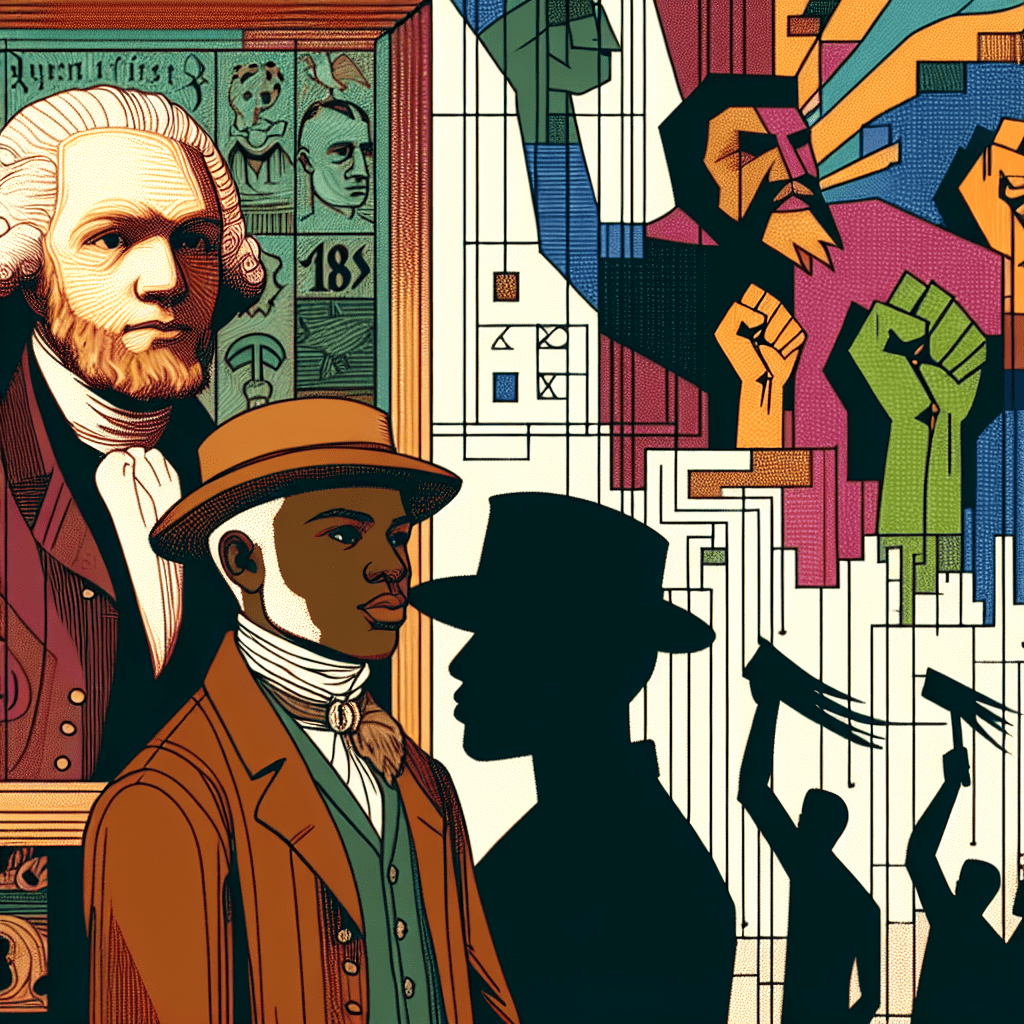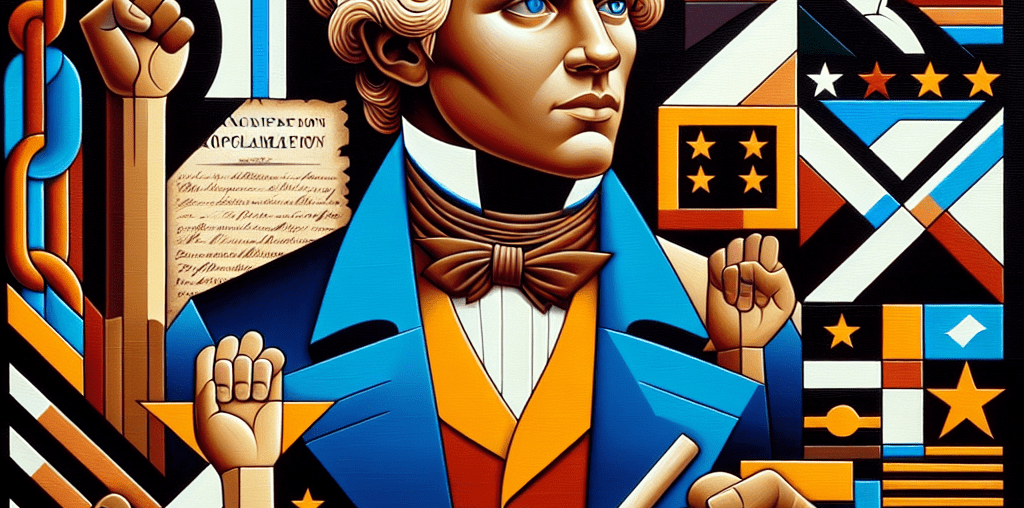-
Table of Contents
George Washington and Black History Month: An Intricate Connection

As we celebrate Black History Month, it is essential to delve into the complex relationship between George Washington, the first President of the United States, and the African American community. This relationship is a significant part of American history, shedding light on the paradoxical nature of a man who championed liberty yet owned slaves.
George Washington: A Man of His Time
George Washington, born into a Virginia planter family in 1732, was a product of his time. He inherited his first slaves at the age of eleven and, by the time of his death, owned 123 slaves. Despite this, Washington’s views on slavery evolved over time, reflecting the changing societal attitudes towards the institution.
Washington’s Evolving Views on Slavery
Washington’s initial views on slavery were largely shaped by the economic realities of his time. However, his experiences during the American Revolution led to a gradual shift in his perspective. He began to see slavery as morally repugnant and economically unsustainable. In a letter to his friend and fellow planter Robert Morris in 1786, Washington wrote, “I can only say that there is not a man living who wishes more sincerely than I do, to see a plan adopted for the abolition of it.”
Washington’s Relationship with His Slaves
Despite his evolving views, Washington’s relationship with his slaves was complex. He was known to be a stern master, but he also provided his slaves with better living conditions than most other slave owners of his time. He ensured they had adequate food, clothing, and medical care. However, these actions should not be seen as an endorsement of Washington’s slave-owning practices, but rather as a reflection of the complex and often contradictory nature of his character.
Case Study: Ona Judge
One of the most notable examples of Washington’s complex relationship with his slaves is the case of Ona Judge. Judge was a slave who escaped from Washington’s plantation in 1796. Despite Washington’s attempts to recapture her, Judge managed to live the rest of her life in freedom. This case highlights the inherent contradiction in Washington’s character – a man who fought for liberty yet denied it to his own slaves.
Washington’s Legacy and Black History Month
As we celebrate Black History Month, it is important to remember the complex legacy of George Washington. His life and actions serve as a reminder of the paradoxes that lie at the heart of American history. While he was a champion of liberty and a key figure in the establishment of American democracy, he was also a slave owner who denied basic human rights to a significant portion of the population.
Conclusion
In conclusion, the relationship between George Washington and Black History Month is a complex one. It serves as a reminder of the paradoxes that lie at the heart of American history. As we celebrate Black History Month, let us remember the full complexity of our history, acknowledging both the achievements and the shortcomings of our nation’s founders. This will enable us to have a more nuanced understanding of our past, which in turn can guide us towards a more equitable future.





